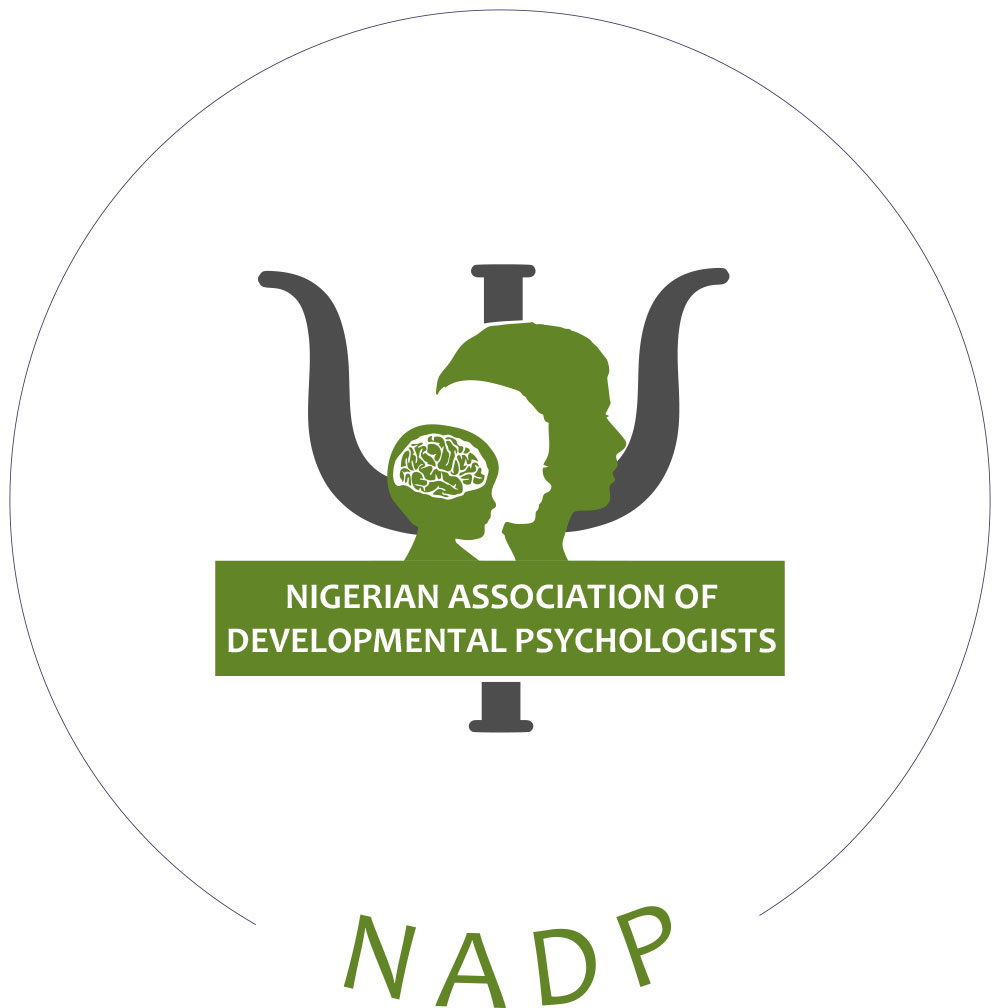On behalf of the Board and editors, I am delighted to write the editorials for the fourth volume of the African Journal of Human Development and Lifespan published by the Association of Lifespan Behaviour Development Practitioners ( also known as the Nigerian Association of Developmental Psychologists). The articles in this edition provide a database for prevention, intervention, and policy for social phobia, fear among patients for surgery, illegal migration, sexual behaviour; psychological well-being among pregnant women and migrants, as well as the mental health among migrants in the United Kingdom.
These studies have illuminated various facets of human behavior and mental health across different populations and contexts. These studies not only contribute to the theoretical understanding of psychological phenomena but also offer practical insights that can inform interventions and policies aimed at improving psychological well-being across lifespan.
One notable study by Babalola, Olagunju, and Olutola explores the efficacy of Mindfulness-Based Cognitive Therapy (MBCT) and Acceptance and Commitment Therapy (ACT) in alleviating social phobia among secondary school adolescents in Oyo State, Nigeria. Their findings underscore the effectiveness of both therapeutic approaches in reducing social phobia symptoms, highlighting the potential benefits of integrating these techniques into school-based mental health interventions.
In another study,Olajide, Adejuwon, Afuwape, Isaiah investigate the psychosocial predictors of fear among patients scheduled for surgery at the University College Hospital in Ibadan. Their research identifies significant relationships between self-esteem, social support, and surgical fear, emphasizing the importance of addressing these factors to mitigate pre-operative anxiety and improve patient outcomes.
Addressing a pressing issue among adolescents, Oyelade and Adejumo examine the role of parental involvement, conflict resolution strategies, and perceived social acceptance in predicting bullying tendencies in Ibadan. Their study reveals insights into the complex dynamics influencing adolescent behavior, with implications and recommendations for fostering supportive environments within educational settings.
Meanwhile, Oriola, Abimbola, Fasoranti, and Odedokun explore the impacts of migration on family structures in Ado-Ekiti, Nigeria. Their findings highlight the multifaceted consequences of migration on familial relationships and underscore the need for policies that support healthy family ties amid socio-economic transitions.
Shifting focus to Nigerian migrants abroad, Owoseni and Soliu investigate the influence of migration stress and social support on the psychological well-being of Nigerian migrants. Their research underscores the protective role of social support in buffering the adverse psychological effects of migration stress, pointing to avenues for enhancing migrant support systems.
In a related study, Azikiwe and Aroso explore migration aspirations among undergraduates, revealing motivations that transcend economic factors and underscore the complex interplay of individual aspirations and societal challenges driving migration decisions.
Further shedding light on public health issues, Osuh and Ishola examine the intersection of alcohol use, commercial driving occupations, and sexual behavior among commercial drivers in Ekiti State. Their findings call attention to the prevalence of risky behaviors among this occupational group and advocate for targeted interventions by regulatory agencies.
Moreover, Arowosegbe, Olajide, Aroso, and Ayomide investigate how job insecurity and attitudes towards illegal migration influence the psychological well-being of youth in Nigerian society. Their research underscores the need for employment stability and supportive policies to mitigate negative psychological outcomes associated with migration aspirations.
In a nuanced examination of cultural identity conflicts and discrimination, Olatunji and Osho explore their predictive roles in mental well-being among Nigerians in the United Kingdom. Their study highlights the resilience-promoting effects of robust social support networks amid cultural challenges and discrimination, offering insights into protective factors that can bolster mental health outcomes in diaspora communities.
Lastly, Ugwu investigates knowledge and practices among pregnant women to prevent the impact of teratogenic factors on fetuses. His findings underscore educational disparities in understanding and preventive behaviors related to teratogens, suggesting targeted educational campaigns to enhance prenatal care practices across diverse socio-economic backgrounds.
Collectively, these studies underscore the diverse contexts and multidimensional factors influencing psychological health and behavior in Nigeria and beyond. They contribute valuable insights to the field of psychology, advocating for tailored interventions that address socio-cultural, economic, and individual determinants of mental well-being.
As researchers continue to explore these complex issues, their findings hold promise for informing evidence-based practices and policies aimed at promoting psychological resilience and improving overall quality of life.
